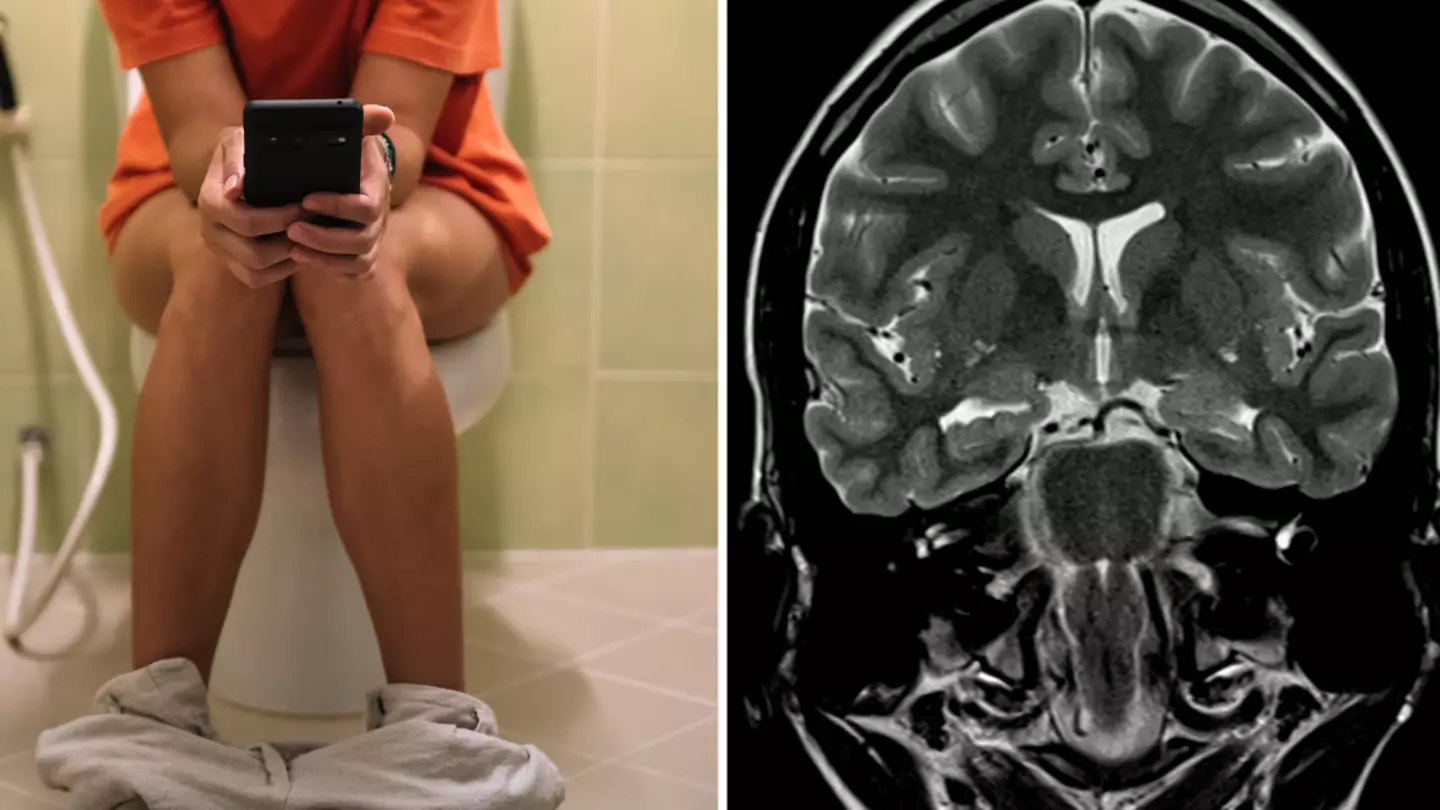
Every heard the phrase 'if you pee clear, cheer'?
Well, apparently, it's not actually true, as one doctor has revealed that a certain type of wee is an extremely 'dangerous' red flag for a pretty fatal condition.
Dr Sermed Mezher, who goes by the handle @drsermedmezher online, took to Instagram to share with his 235k followers exactly what we need to cautious of when it comes to going to the loo.
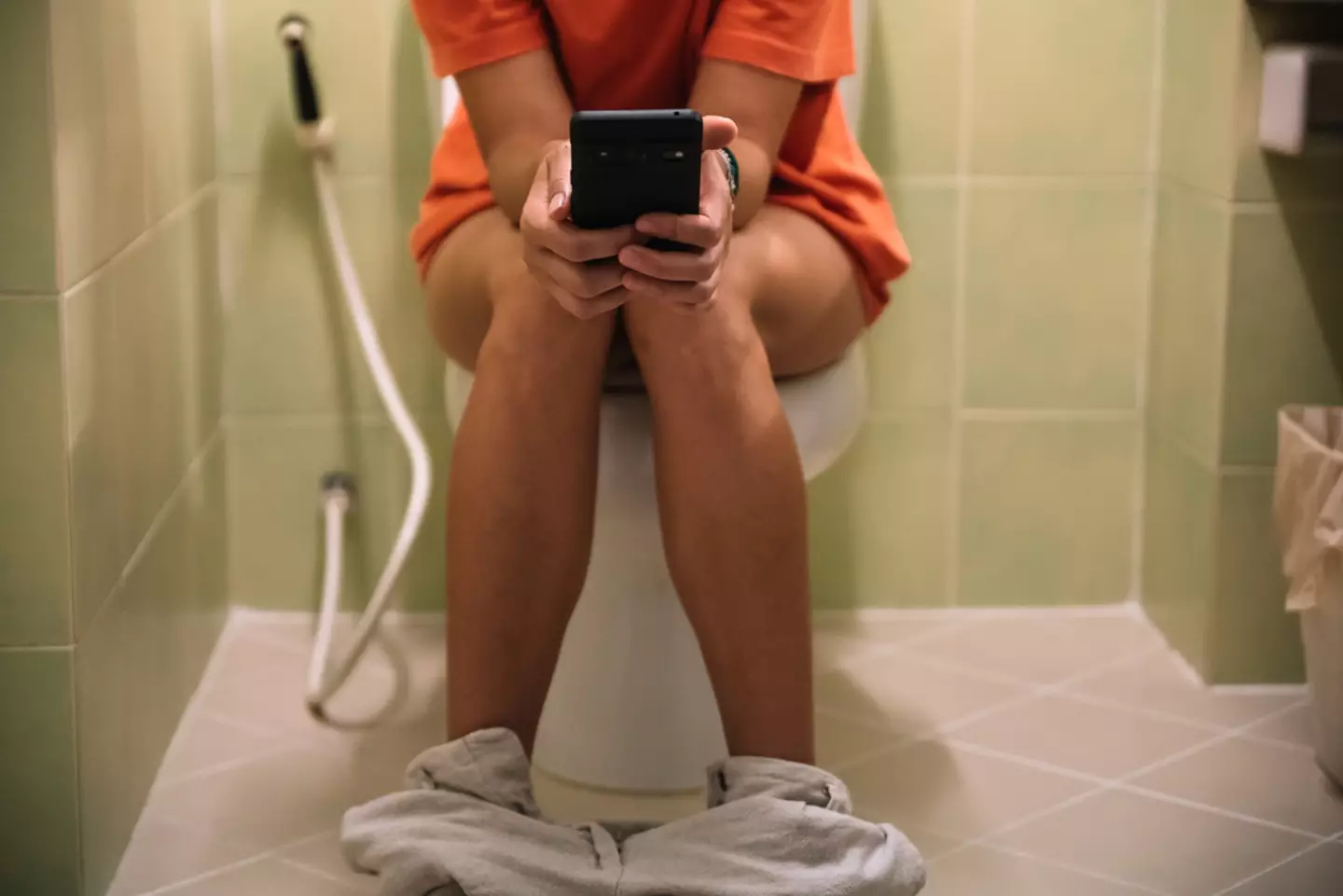
Advert
I'm sure we all know by now the importance keeping hydrated, as dehydration comes with a number of unpleasant symptoms including headaches, fatigue, dizziness, a high heart rate, and a loss of appetite.
And the way we've been commonly taught to see how hydrated or dehydrated we are usually lies in the colour of our wee - namely that the darker the wee equals the more dehydrated you are and the clearer the wee indicating how hydrated you are.
By that logic, having completely clear wee should then supposedly be a good thing but, according to Dr Mezher, this is far from the case.
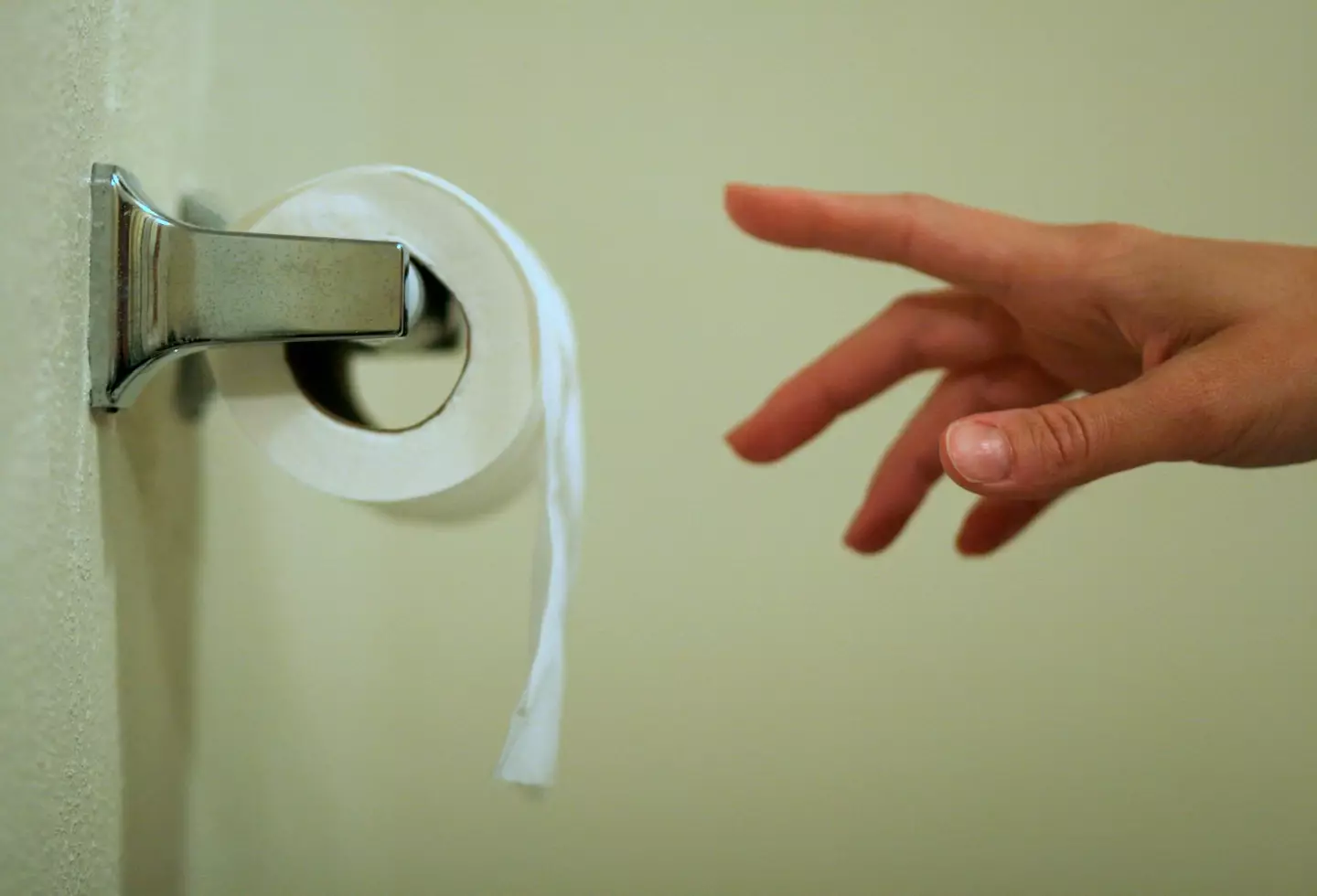
What does clear urine mean?
It seems that you really can have too much of a good thing when it comes to water, as the expert warns that peeing completely clear could be a sign that you're dangerously 'over-hydrated' as 'one of the signs of excessive water intake is urine that appears completely transparent or colourless'.
Advert
We should apparently be aiming on having urine that's a 'pale yellow colour' as this indicates 'a healthy balance of hydration'.
"While staying hydrated is essential for overall health," Dr Mezher says, "it is indeed possible to drink too much water, leading to a condition known as water intoxication or hyponatremia."
He explains that when you consume excessive amounts of water in a short period of time, your kidneys may not be able to 'excrete it fast enough'.
This, in turn, causes the water to dilute the sodium levels in your bloodstream.
Advert
"This imbalance can lead to water intoxication, which, if severe, can result in brain swelling and other serious complications," the doctor warns.
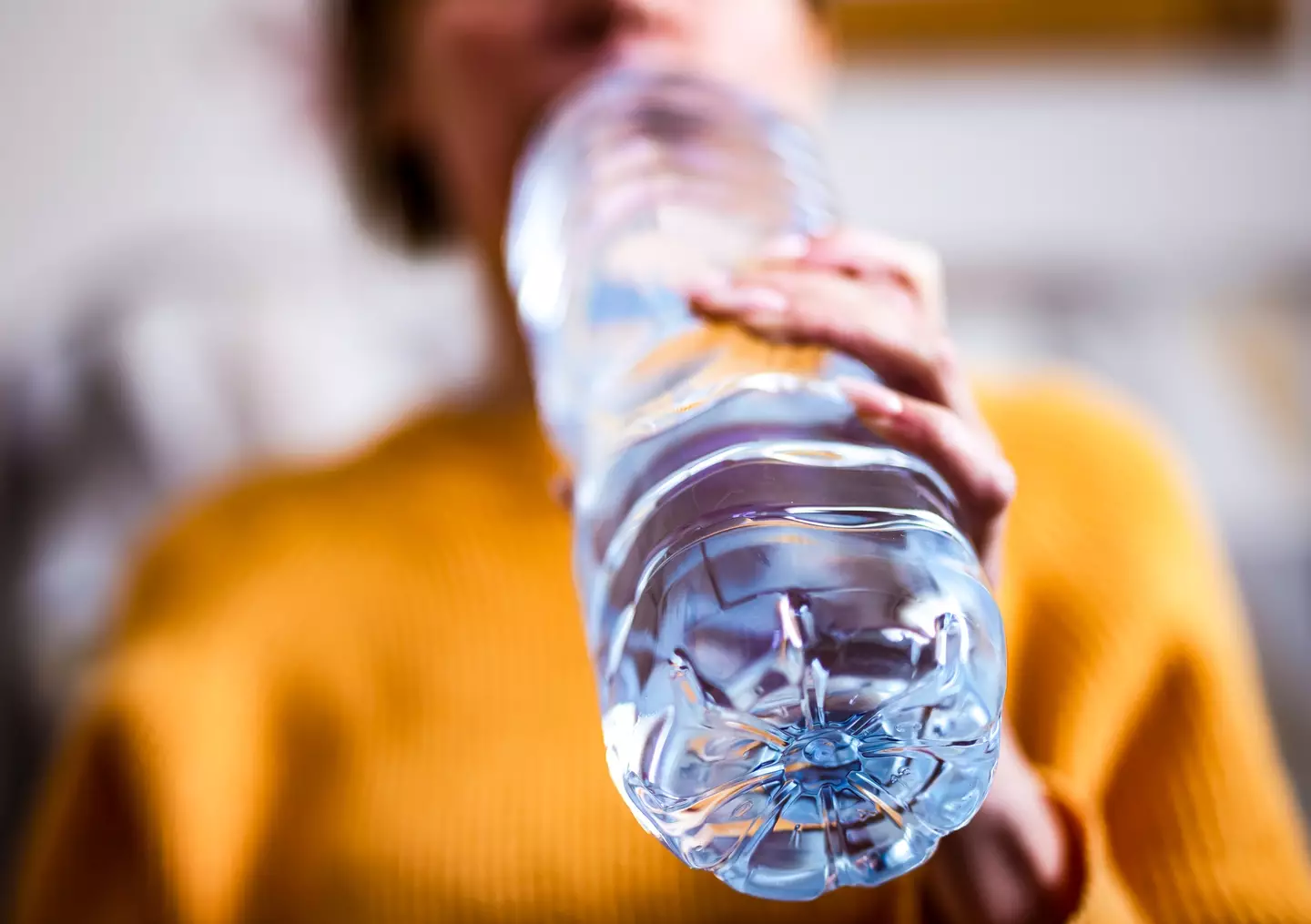
How much water should we be drinking?
"Doctors are definitely not innocent on this one," Dr Mezher admits, "as we're not exactly clear on how much water you should be drinking as for decades, we've been telling people they need to have two litres or eight cups a day to have a healthy amount. But is that true?"
Advert
He then explained a series of variables to consider, like if it's a 'scorching hot day', or whether you're a man or a woman who have 'different calorie intakes' and therefore may need 'different water requirements'.
"What about being a larger or a smaller person, or if you're an athlete?" he added.
According to the doc, this completely depends on your sex, how high of an altitude you live in, your weight, the temperature outside, and how active you are and can be worked out by this equation found by researcher, Yosuke Yamada.
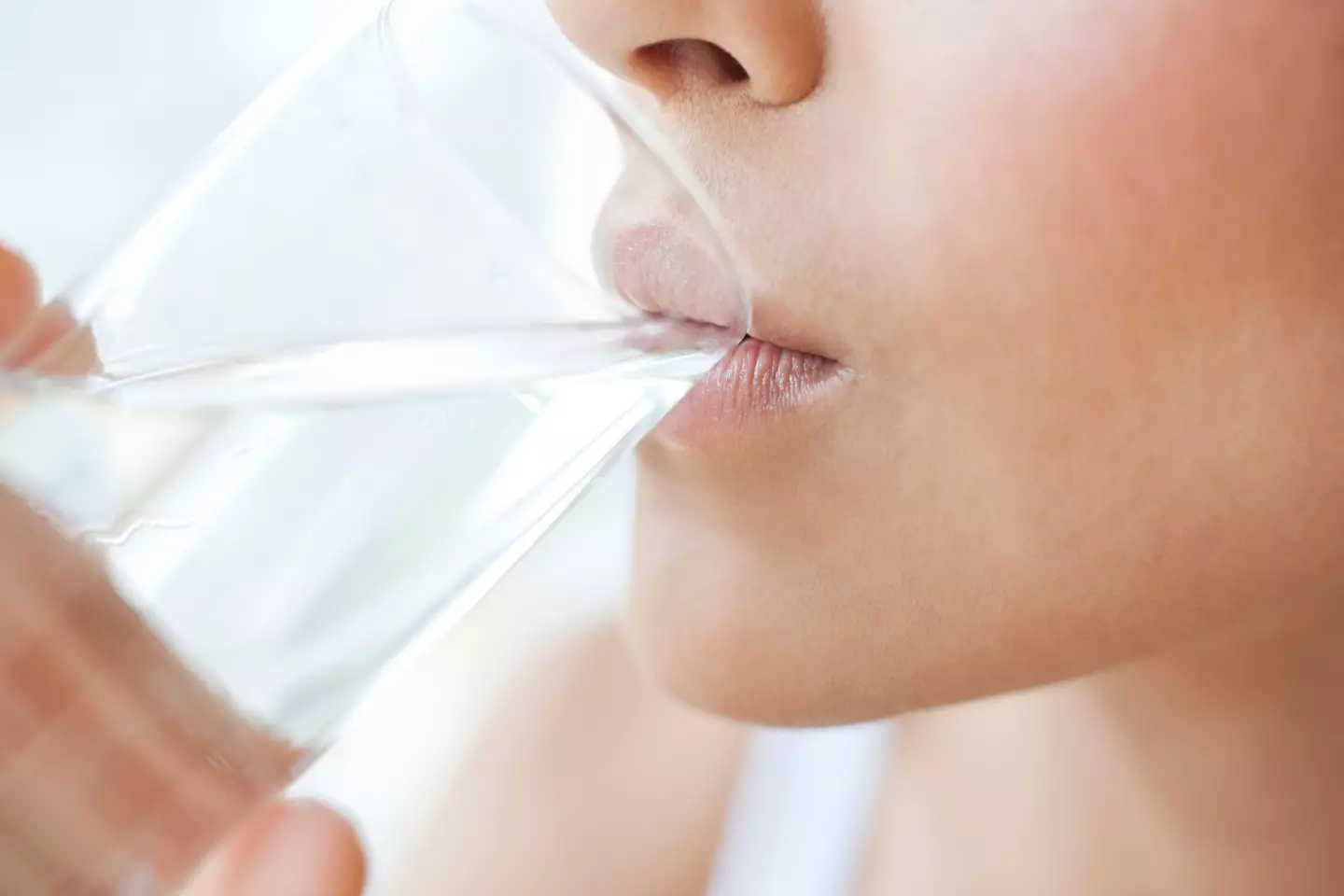
What can over-hydration lead to?
In the caption of the Instagram video, Dr Mezher issued a pretty scary warning of what over-hydration can lead to in 'extreme cases'.
Advert
He wrote: "In extreme cases, water intoxication can occur, leading to a condition called hyponatremia, where sodium levels in the blood become dangerously low.
"When sodium levels drop too low, it can disrupt the balance of fluids in and around cells, causing them to swell, including brain cells."
According to the expert, this swelling can lead to 'a range of symptoms', including headaches, nausea, vomiting, confusion, seizures, and in severe cases, coma and death.
While water intoxication is 'rare' and 'typically occurs in situations where individuals consume very large quantities of water in a short period of time', it's still important to safely regulate your water intake.
Dr Mezher advises that doing so is simply a matter of 'drinking when thirsty' and listening to your body’s 'signals for hydration'.
Topics: Advice, Food and Drink, Health, Life